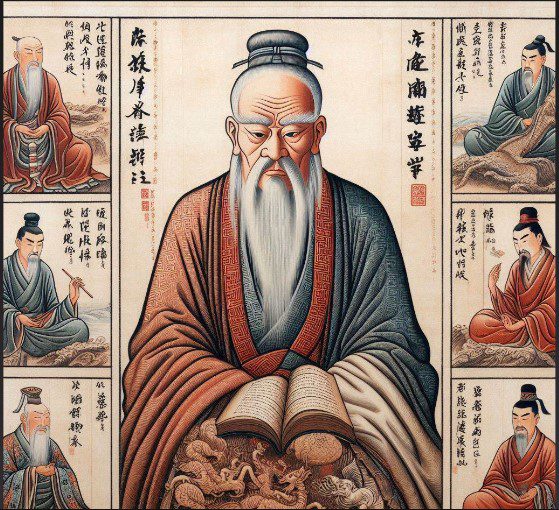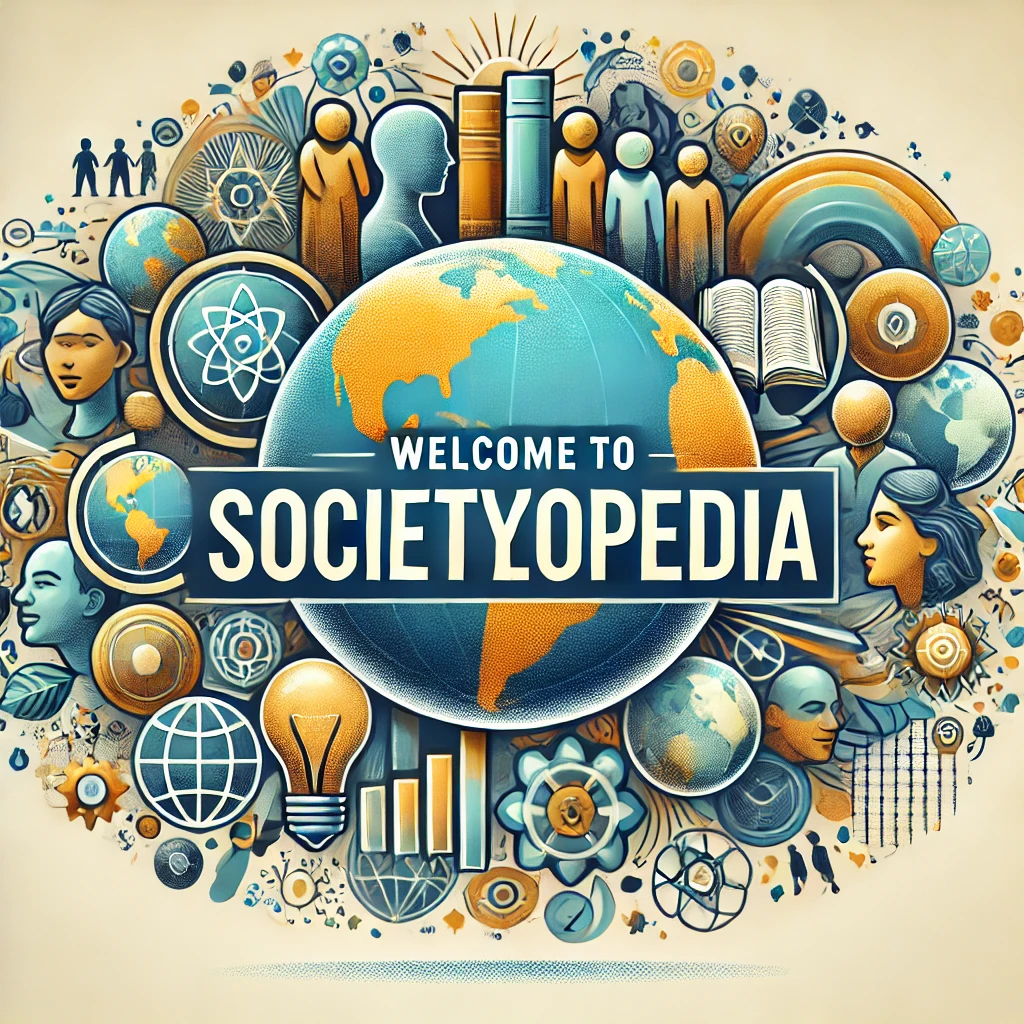Confucianism, an ancient Chinese philosophy, continues to influence the cultural and ethical foundations of East Asian societies even after 5,000 years. Rooted in the teachings of Confucius, a philosopher and educator who lived during China’s Spring and Autumn period (551–479 BCE), it offers profound insights into morality, governance, and social harmony. Unlike a religion, Confucianism is often regarded as a system of ethical principles designed to guide individuals toward a life of virtue and balance.
Whether you’re curious about its teachings, its role in shaping governments, or its significance in modern society, this article will walk you through the many dimensions of Confucianism.
What is Confucianism?
At its core, Confucianism is an ethical system rather than a religion, focusing on creating harmonious relationships within society. It emphasizes the cultivation of virtues, respect for traditions, and the practice of moral conduct. In Confucian thought, individuals are viewed as relational beings whose purpose is fulfilled through their roles in family, community, and government.
Unlike dogmatic religions, Confucianism doesn’t focus on metaphysics or deities but rather on practical wisdom to achieve a well-ordered and just society. Its teachings provide a moral compass for navigating personal life while ensuring collective harmony.
The Life of Confucius
Confucius, known as Kong Fuzi in Chinese, was born in 551 BCE in the state of Lu (modern-day Shandong). Coming from a modest background, he rose to prominence through his keen intellect, charisma, and unwavering dedication to education. Despite facing challenges, Confucius became a sought-after teacher, attracting disciples who later compiled his teachings into The Analects, a cornerstone of Confucian philosophy.
Through his life and work, Confucius addressed the moral decay of his time, emphasizing virtues like integrity, humility, and service to others. His vision for society was one where rulers governed with benevolence, and citizens adhered to ethical conduct.
Core Teachings of Confucianism
Confucianism revolves around key concepts and virtues that uphold societal order and individual integrity. At its heart is the idea that every individual has a role to play in maintaining balance and harmony. The most celebrated principles include Ren (humaneness), Li (ritual propriety), and Yi (righteousness).
Confucius also stressed the importance of self-cultivation. To him, a virtuous individual—referred to as a “gentleman” or Junzi—embodied moral excellence and set an example for others to follow.
The Five Constant Virtues in Confucianism
Confucius emphasized five key virtues, collectively known as the Five Constants:
- Benevolence (Ren): Demonstrating kindness and compassion.
- Righteousness (Yi): Acting in morally upright ways.
- Propriety (Li): Following customs and social norms to ensure order.
- Wisdom (Zhi): Pursuing knowledge to discern right from wrong.
- Faithfulness (Xin): Building trust through honesty and reliability.
These virtues are not standalone traits but interdependent values that guide both individual behavior and societal structures.
Filial Piety in Confucianism
One of the most defining aspects of Confucianism is Filial Piety, or Xiao, which refers to respect for one’s parents and ancestors. This virtue lies at the heart of Confucian ethics, as it promotes loyalty, gratitude, and care within families. Confucius believed that a stable society could only emerge when families upheld these principles.
Even today, filial piety remains a cornerstone of many East Asian cultures, where the younger generation is taught to honor and care for their elders.
The Concept of Ren (Humaneness)
The idea of Ren serves as the moral cornerstone of Confucianism. Often translated as “humaneness” or “benevolence,” Ren represents an intrinsic concern for the well-being of others. Confucius described Ren as the virtue that makes human relationships meaningful and ethical.
For Confucius, a truly humane person not only empathizes with others but also seeks to uplift them. This principle extends beyond individual relationships, encouraging compassion in governance and public life.
Li (Rituals and Propriety)
To Confucius, rituals and traditions were not mere formalities—they were essential for maintaining societal harmony. Known as Li, these rituals covered everything from familial ceremonies to state governance. Through Li, individuals express respect for hierarchy, customs, and moral order.
By following Li, Confucians believe people can transcend their selfish desires and contribute to the greater good.
Yi (Righteousness)
Yi is the virtue of righteousness, guiding people to act in accordance with ethical principles rather than personal gain. For Confucius, a righteous individual makes choices based on what is morally correct, even when faced with challenges.
Confucianism and Education
Education holds a central role in Confucianism, as Confucius himself was a dedicated teacher. He advocated lifelong learning as a means to cultivate moral character and improve society. For Confucius, education wasn’t just about acquiring knowledge—it was about nurturing virtues and wisdom.
Confucianism in the Modern Era
In today’s world, Confucianism continues to influence East Asian cultures, from family values to corporate ethics. However, it has also adapted to address modern challenges, offering timeless wisdom for navigating complex societal issues.
FAQs About Confucianism
What is Confucianism’s main goal?
The main goal of Confucianism is to cultivate virtue and foster social harmony through ethical conduct and respect for relationships.
Is Confucianism a religion?
No, Confucianism is more accurately described as an ethical philosophy rather than a religion.
Why is filial piety important in Confucianism?
Filial piety ensures the preservation of family values and social stability, which are essential in Confucian thought.
What are the Five Virtues of Confucianism?
The Five Virtues are benevolence, righteousness, propriety, wisdom, and faithfulness.
How has Confucianism influenced modern governance?
Confucian principles like benevolence and ethical leadership continue to inspire governance structures in East Asia.
Can Confucianism coexist with other belief systems?
Yes, Confucianism often complements rather than conflicts with other systems, including Buddhism and Taoism.
Conclusion
Confucianism is not just an ancient philosophy; it’s a living tradition with enduring relevance. Its timeless teachings on morality, respect, and harmony offer a roadmap for both personal growth and societal well-being. By embracing the principles of Confucianism, we can strive to build a more compassionate and balanced world.
Societyopedia is always there to share diverse information.


